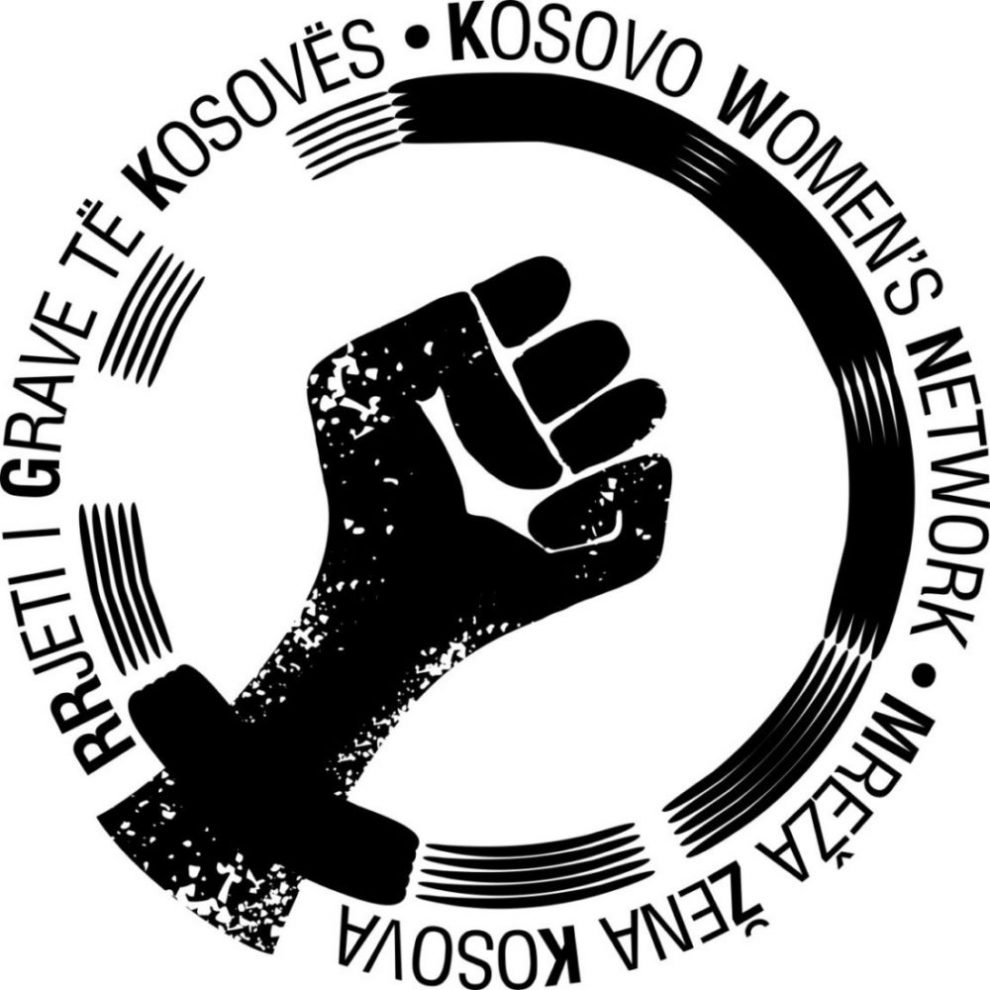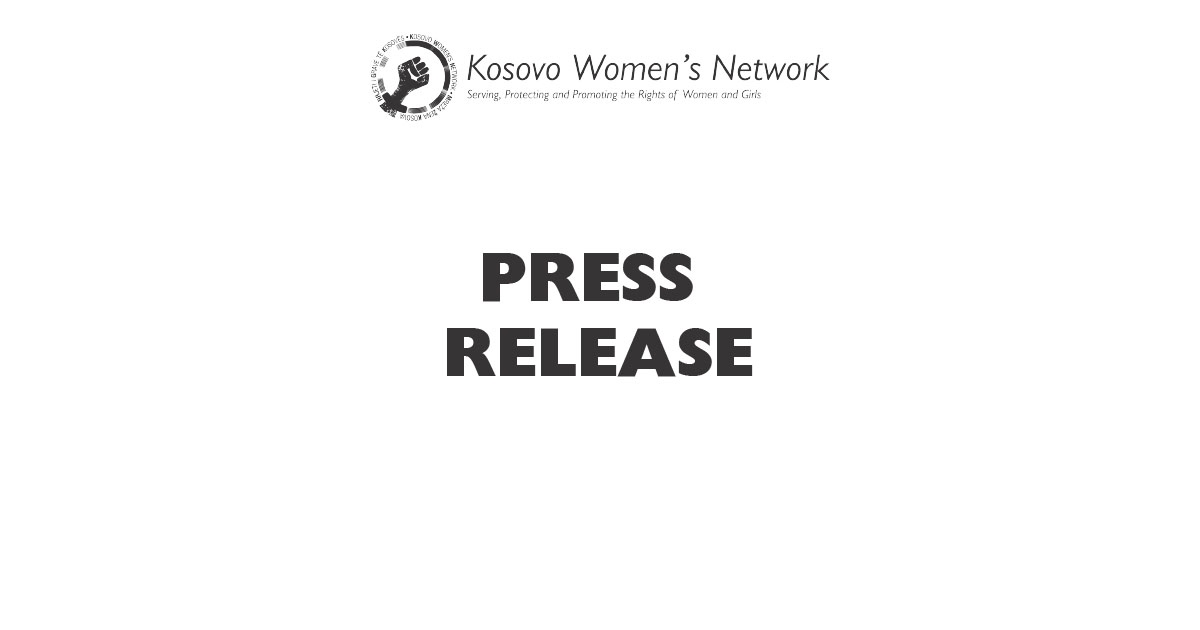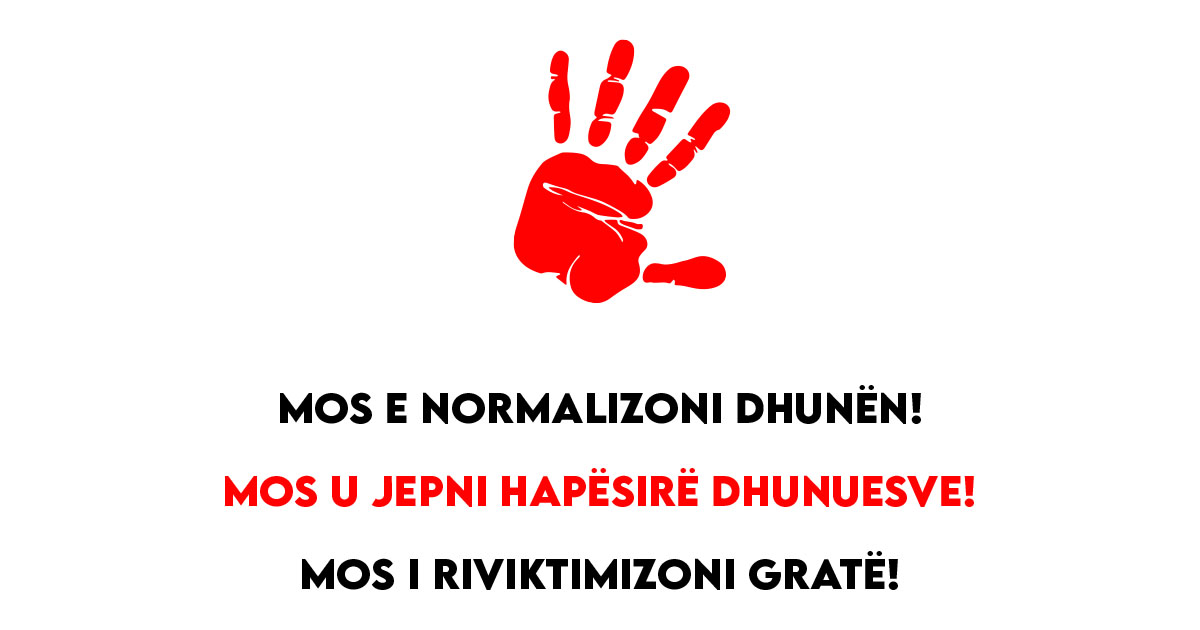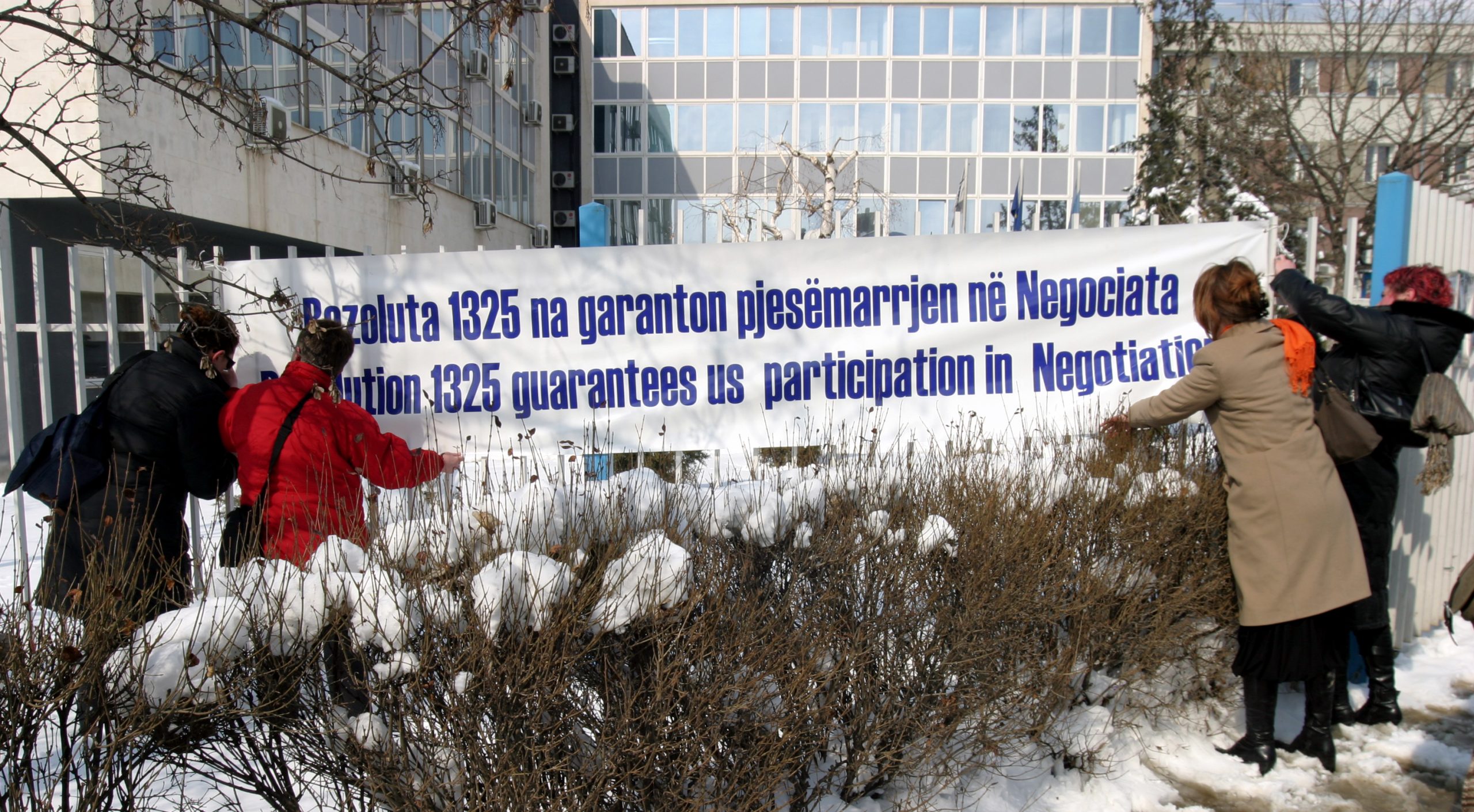The Kosovo Women’s Network (KWN) congratulates the Self-determination Movement (Levizja Vetvendosje, VV) and the Democratic League of Kosovo (LDK) on their recent constitution of a government. We hope that their co-governance will improve the welfare of citizens. KWN also congratulates the first woman ever elected to serve as Speaker of the Assembly of Kosovo, Mrs. Vjosa Osmani.
Following with great interest the participation of women in the early parliamentary elections on October 6, 2019 and in the newly formed government, KWN expresses its concern regarding the failure to implement the Law on Gender Equality (LGE) in appointing the executive cabinet. This LGE guarantees gender equality (defined as 50/50), as a condition for the development of a democratic society where men and women share entirely equal rights in the political and public sphere.
Recalling that more women won seats in the Assembly than ever before and that we are witnessing the political empowerment of women in Kosovar society, the newly formed government should set a positive example by appointing an equal share of women, improving the position of Kosovar women and thereby the entire society. Although this government has more women ministers than previous governments had, we expect that the coalition will implement the LGE when it appoints deputy ministers.
Towards furthering gender equality in Kosovo, KWN expects the LVV-LDK coalition to addresss the following key issues in the beginning of their governance:
- Ensure an equal balance of women and men in decision-making;
- Amend the Labour Law, in accordance with the European Union (EU) Work-Life Balance Directive;
- Amend the Labour Law to incorporate paternity leave, in addition to maternity and parental leave, in accordance with the EU Directive;
- Improve working conditions, focusing on addressing gender-based discrimination in employment;
- Implement gender-responsive budgeting, in accordance with the LGE; and
- Establish a permanent budget line for Kosovo shelters.
Since its establishment, KWN has strived towards a Kosovo where women and men are equal and have equal opportunities to education, employment, political participation, healthcare and a life without violence. Towards this vision, during the entire term of this government, KWN will demand public accountability and full transparency from the government in fulfilling these objectives, crucial for the wellbeing of all Kosovar women.





